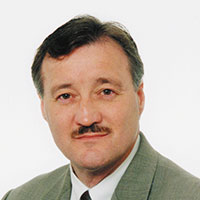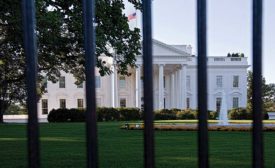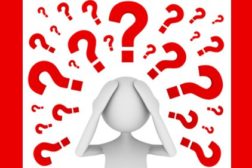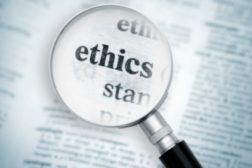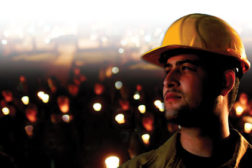Home » Keywords: » EHS profession
Items Tagged with 'EHS profession'
ARTICLES
Where’s the outrage?
4,690 deaths on the job in 2010: What “acceptable losses” mean to the EHS profession
June 6, 2012
Become a Leader in Safety Culture
Build your knowledge with ISHN, covering key safety, health and industrial hygiene news, products, and trends.
JOIN TODAYCopyright ©2025. All Rights Reserved BNP Media.
Design, CMS, Hosting & Web Development :: ePublishing

